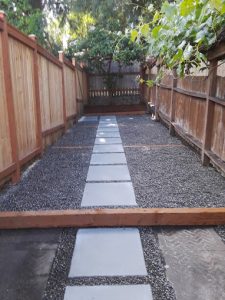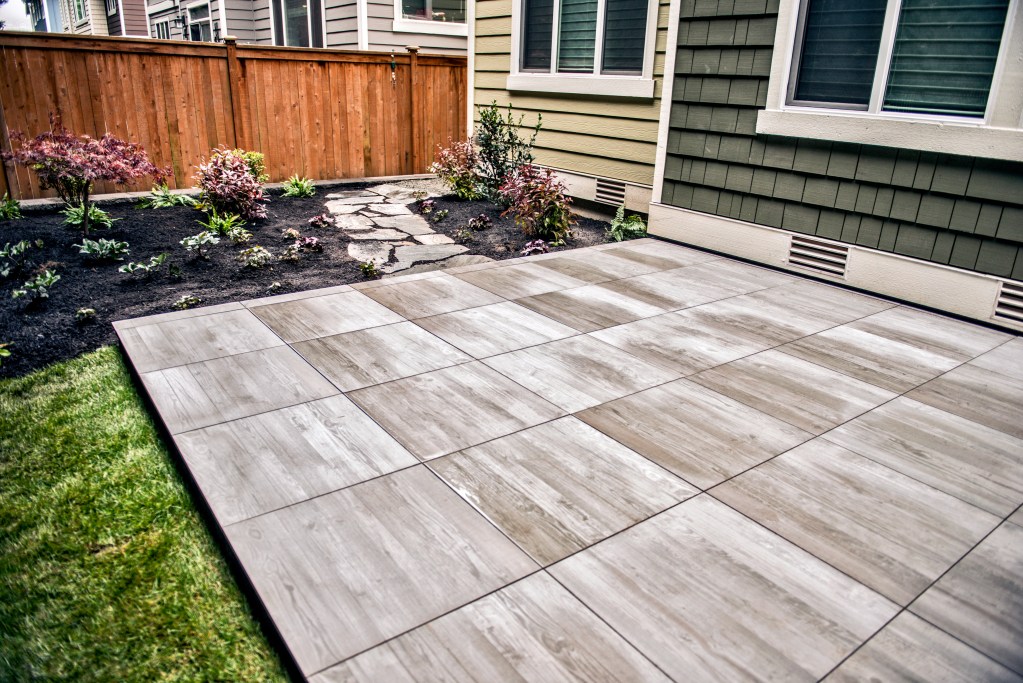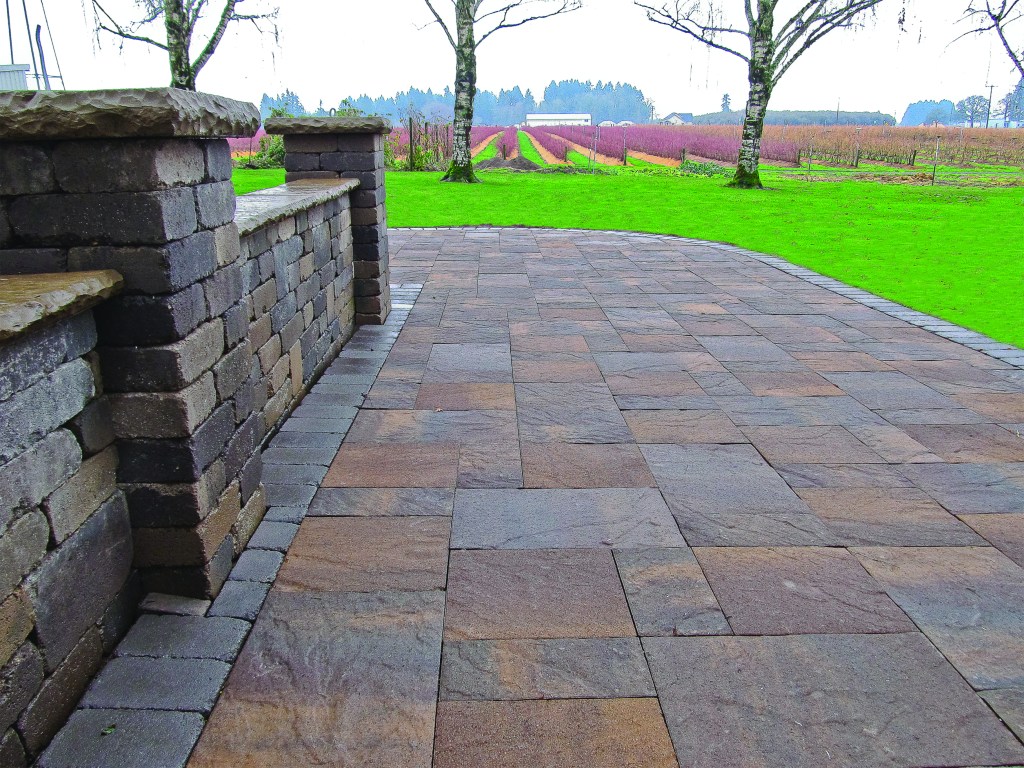Stone Masonry Construction: Top Tips, Process, and the Benefits of Hiring a Professional Contractor
Stone masonry is a timeless craft that adds beauty, durability, and value to your property. Whether you’re enhancing the exterior of your home, constructing a stone wall, or building an outdoor feature, stone masonry can transform your space. For homeowners and business owners in Seattle, incorporating stone into your construction project can improve both aesthetics and structural integrity. In this article, we’ll share top tips for successful stone masonry, walk you through the entire construction process, and explain the benefits of hiring a professional contractor.
Top Tips for Stone Masonry Construction
- Choose the Right Stone:
- The type of stone you choose will depend on the project’s purpose, the local climate, and your budget. Seattle’s wet climate requires stones that can handle moisture, such as granite, limestone, or slate. Each stone has unique characteristics, so selecting the appropriate one will ensure durability and maintain the integrity of the structure.
- Plan for Drainage:
- Proper drainage is essential in stone masonry to prevent water accumulation, which can cause structural damage over time. Make sure to incorporate a drainage system into your design to direct water away from the stonework and protect the integrity of the structure.
- Design with Precision:
- Successful stone masonry requires careful planning. Consider the structural integrity, functionality, and visual appeal of the project. Work with an architect or designer to create a plan that balances these elements while ensuring your stone masonry serves its intended purpose.
- Prepare the Site:
- Before starting construction, clear, level, and compact the area to create a stable foundation. This is crucial for ensuring the longevity of your stonework, as an uneven or unstable base can cause the structure to shift or settle over time.
- Lay a Strong Foundation:
- A solid foundation is essential for stone masonry construction. The foundation should be deep and strong enough to support the weight of the stone structure. Concrete is often used for the foundation, but the depth and width will depend on the size of the project.
The Construction Process
Here’s an overview of the stone masonry construction process:
1. Pre-construction:
- Planning and Design: Work with a designer or architect to plan your stone masonry project. This includes determining the type of stone to be used, the dimensions of the structure, and any features such as steps or decorative elements. Make sure all designs are aligned with building codes and regulations.
- Permitting: In Seattle, stone masonry projects typically require building permits, especially if they involve structural elements like walls or fences. The contractor will handle the necessary paperwork to ensure the project is compliant with local zoning and construction regulations.
2. Site Preparation:
- Clearing and Excavation: Clear the site of debris, vegetation, or existing structures. Depending on the project, excavation may be required to ensure the foundation is deep enough for the stone structure.
- Grading: Proper grading ensures that the area is level, which is critical for building a stable base. The ground should slope away from the stone structure to facilitate proper drainage.
3. Foundation Laying:
- A strong, stable foundation is critical to the success of the stone masonry project. The foundation is typically made of concrete and should be deep enough to support the weight of the stone and prevent shifting over time. The foundation should also be slightly wider than the stone structure to ensure stability.
4. Stone Selection and Cutting:
- Choosing the Right Stone: Depending on your project, choose stones that are durable, weather-resistant, and aesthetically pleasing. If necessary, stones are cut and shaped to fit the design. This is a critical part of the process, as precision in cutting ensures that the masonry is secure and visually appealing.
- Stone Preparation: Some stones may require additional preparation before installation, such as cleaning or smoothing the surface.
5. Masonry Construction:
- This is where the actual stonework begins. Stones are laid course by course, starting from the base and working upward. Each stone is carefully placed, ensuring that it fits securely and contributes to the structural integrity of the project. Masonry mortar is used to bind the stones together, providing stability.
6. Finishing Touches:
- Pointing: After the stones are set, the mortar joints are cleaned and filled in, a process known as “pointing.” This improves the appearance of the stonework and seals the joints to prevent water penetration.
- Sealing: Sealing the masonry protects it from moisture, dirt, and other environmental factors. A good sealant will preserve the stone’s appearance and longevity.
- Final Inspections: Before the project is considered complete, a final inspection ensures that the structure meets safety standards and adheres to the original design.
Benefits of Hiring a Contractor for Stone Masonry
While stone masonry can be a rewarding DIY project for those with experience, hiring a professional contractor brings several advantages:
- Expertise:
- Professional contractors have the specialized knowledge and experience needed to ensure the project is done right. They are skilled in selecting the right stone, cutting and shaping it properly, and ensuring the structural integrity of the masonry.
- Time-Saving:
- Stone masonry can be a time-consuming process. Hiring a contractor allows you to focus on other aspects of your project while they handle the construction, ensuring that the work is completed efficiently and on schedule.
- Safety:
- Stone masonry involves working with heavy materials and specialized tools. Contractors prioritize safety, minimizing the risk of accidents or injuries during construction.
- Quality Materials:
- Contractors have access to high-quality materials and suppliers, ensuring that your stone masonry is built to last. They can also advise on the best stone types for your specific project and climate.
- Warranty and Liability:
- Reputable contractors provide warranties for their work, offering you peace of mind. If any issues arise after the project is completed, they will handle repairs or adjustments at no additional cost to you.
- Permitting and Inspections:
- Contractors manage the permitting process, ensuring compliance with Seattle’s local building codes and zoning laws. They also coordinate any required inspections, saving you the hassle of dealing with paperwork and regulatory requirements.
- Cost-Effective:
- Although hiring a contractor may seem like an additional expense, professionals often complete projects faster and more efficiently, potentially saving you money in the long run. Additionally, contractors can prevent costly mistakes that could arise from DIY efforts.
Why Hire a Contractor in Seattle?
- Local Knowledge:
- Seattle’s unique weather conditions and building regulations require contractors to have local expertise. Contractors familiar with the region can choose the best materials for durability and ensure compliance with Seattle’s building codes.
- Network of Suppliers:
- Local contractors have established relationships with suppliers, which can help them source high-quality materials at competitive prices. This can lead to cost savings and ensure the materials are well-suited for the Seattle climate.
- Efficient Project Management:
- Contractors can streamline the construction process, ensuring the project stays on track and within budget. Their project management skills ensure that the job is completed on time and to a high standard.
- Specialized Skills:
- Stone masonry requires specialized skills that many homeowners may not possess. Contractors have the necessary tools, equipment, and experience to carry out the work efficiently and safely.
Conclusion
Stone masonry is a beautiful and durable way to enhance your property, but it requires careful planning, the right materials, and skilled craftsmanship. By following the top tips and understanding the construction process, you can ensure that your stone masonry project is successful. Hiring a professional contractor in Seattle offers numerous advantages, including expertise, safety, and access to quality materials, making it the best choice for a beautiful and long-lasting result. Whether you’re working on a commercial or residential project, a professional contractor will ensure that your stone masonry project enhances your property’s beauty and value.


















